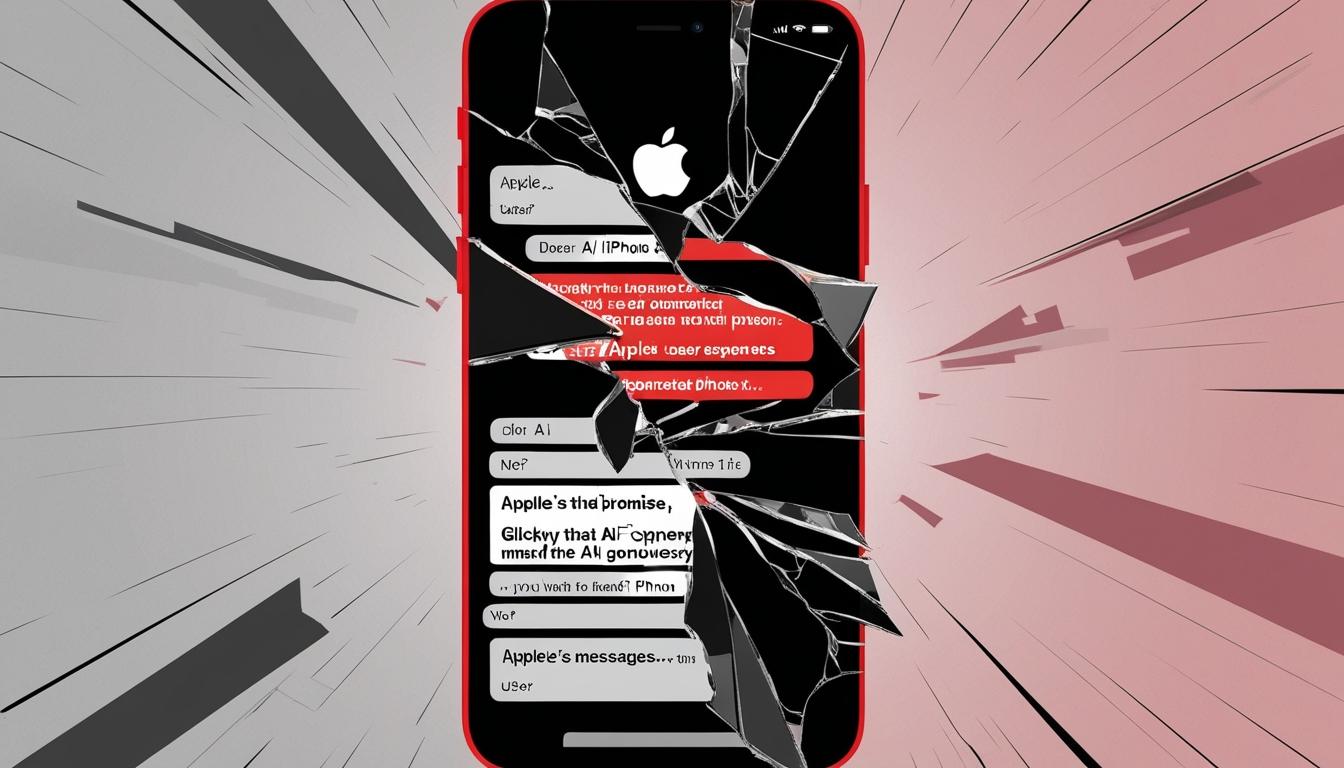Apple's latest iPhone, heavily marketed as "built for Apple Intelligence," has been met with growing complaints and criticism regarding its artificial intelligence features, which some users find more troublesome than beneficial. The most recent commentary from Dave Lee in Bloomberg Opinion highlights a significant gap between Apple’s marketing promises and the actual performance of its AI capabilities.
Apple commenced the rollout of AI features with the public release of iOS version 18.1, which occurred in October. According to Lee, these new functionalities are still considered "in beta," prompting users to opt-in for features that were promoted as central to the device's appeal. The marketing campaign surrounding the iPhone has emphasised its AI capabilities, with phrases like “Hello, Apple Intelligence” becoming featured messages on Apple’s official website. However, many users have reported that the AI experience has been punctuated by numerous errors. Notifications meant to enhance user experience have instead turned problematic, drawing comparisons to Apple’s earlier Maps debacle. Instances of alarming and nonsensical AI-generated summaries have circulated widely, indicating a lack of readiness for public use. One example noted that a text about a hike turned into a serious misinterpretation involving suicide, while another user described a baffling notification regarding the status of an Amazon package.
The growing discontent among users poses a potential risk to the credibility of Apple’s AI initiatives. Lee articulates concern that if users begin to disable Apple Intelligence due to frustration, this could severely undermine confidence in Apple’s capabilities for an extended period. He provokes thought about what decisions Apple’s visionary co-founder, Steve Jobs, would have made in today’s environment, suggesting that Jobs might have anticipated the AI trend earlier or resisted pressure to roll out unready technology.
In response to these criticisms, MacDailyNews highlights that Apple’s leadership, particularly under CEO Tim Cook, has been viewed as lacking visionary direction, which could have led to the current situation where Apple finds itself trailing competitors in the generative AI space. According to MacDailyNews, instead of innovating, the company has been operating reactively, scrambling to market features that are still in development.
Moving forward, Apple is expected to announce new AI features at the Worldwide Developers Conference (WWDC) scheduled for June 2024. Analysts anticipate that these updates will primarily focus on catching up with competitors in the realm of on-device AI, rather than presenting groundbreaking innovations. There are suggestions that Apple might engage in partnerships with established AI companies to bolster its offerings, as internal development may not meet immediate market needs.
MacDailyNews criticises the strategy of marketing unfinished features as "vaporware," a term reflecting products that are announced but not yet realised. They underscore that without a strong leader to direct innovative vision, Apple may continue to struggle to reclaim its position as a leading technology innovator.
The anticipated developments in AI for Apple's platforms—iOS, iPadOS, and macOS—will likely dominate next year's announcements, with a strong focus on marketing the purported benefits of these features, aimed at reinforcing Apple's image as a pioneer in privacy and user enhancement technologies. As the tech landscape continues to evolve, all eyes are on Apple to see how it navigates the challenges presented by an increasingly AI-driven market.
Source: Noah Wire Services
